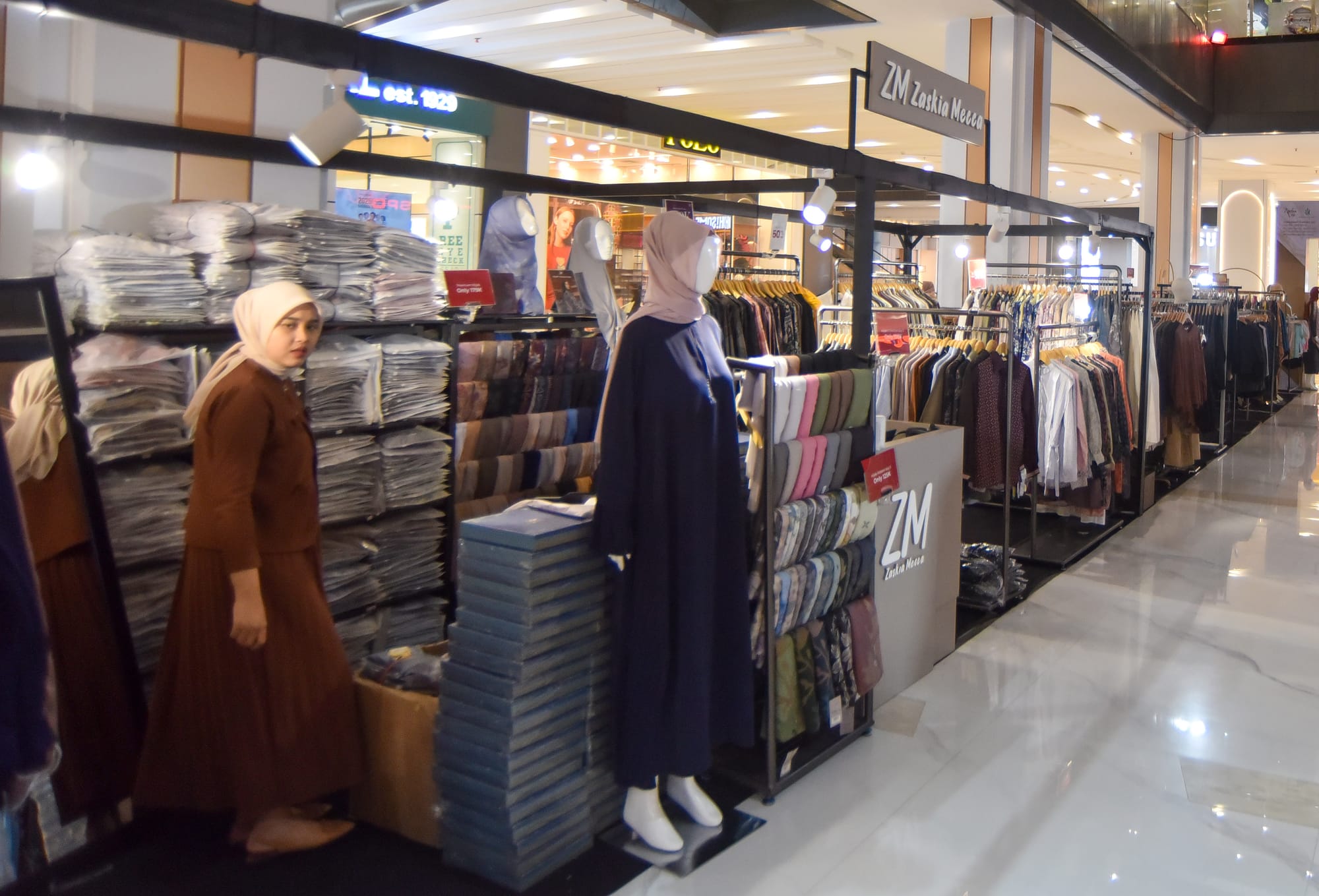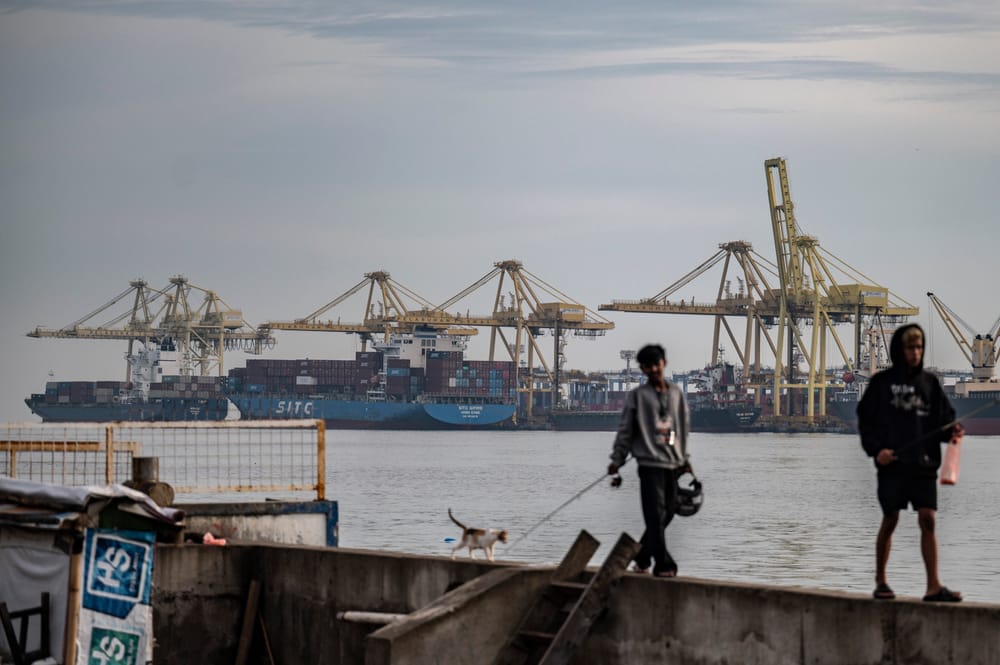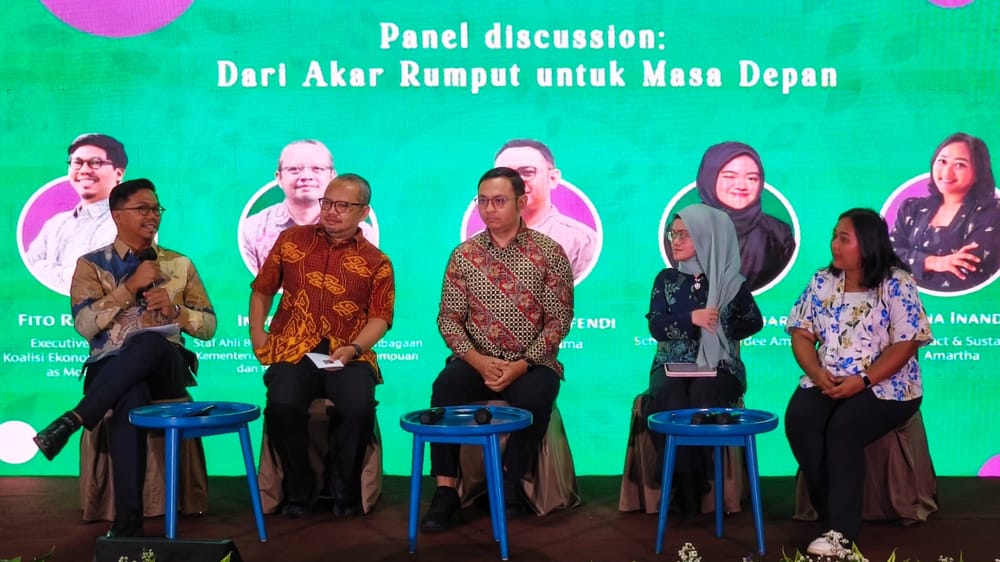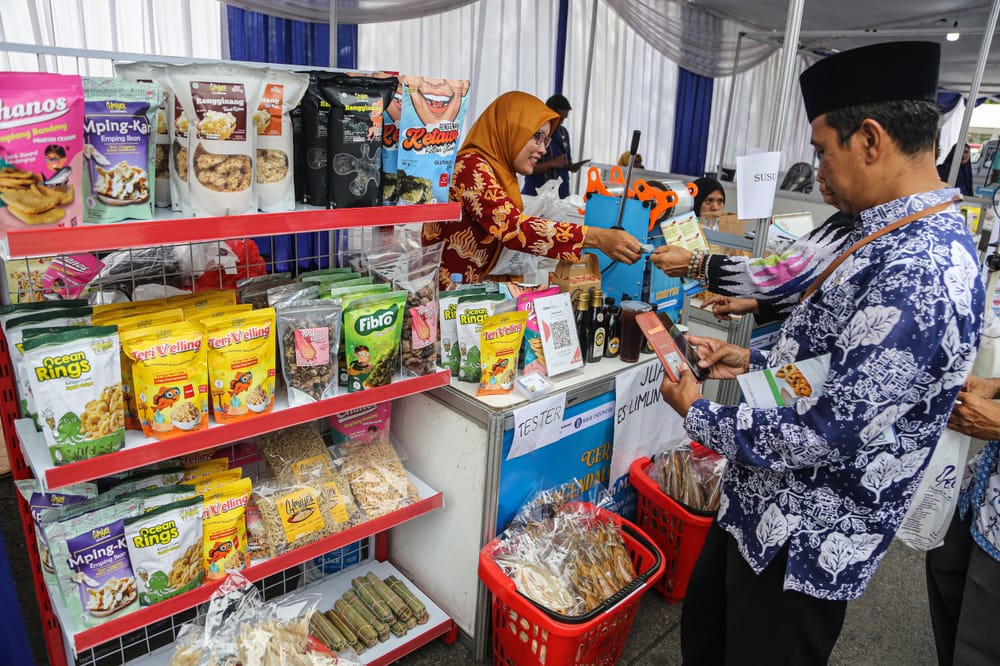The government's partiality towards the development of micro, small and medium enterprises (UMKM) can be seen in Government Regulation (PP) Number 7 of 2021 concerning Ease, Protection, and Empowerment of Cooperatives and UMKM. The regulation states that 30% of public facilities must be filled as UMKM space. Almost 5 years after the regulation was released, UMKM hope that the rule can be truly enforced.
Secretary General of the Indonesian UMKM Association (Akumindo) Edy Misero considers the government's policy of requiring public facility managers to provide 30% of space for UMKM players as a positive step.
According to him, the rule shows that the state is paying attention to small business actors so that they have space to sell in various public places such as stations, airports, and rest areas.
“We should appreciate the government's decision to provide space for UMKM. This means that the government is thinking about UMKM being given space, there must be a place for them to sell,” he said when contacted Friday (31/10/2025).
However, Edy said that the implementation of the rule has not been optimal in the field. Some public facility managers, he said, have not prepared space for UMKM actors, while in other places high rental costs are the main obstacle.
Some managers are still commercially oriented, so the rental prices offered are difficult for small business actors to reach. “If the space is expensive, we might lose money if we rent it,” he said.
Edy also highlighted the provision limiting the maximum rental cost to 30% of the commercial rate as stated in PP 7/2021. This rule is often ineffective because the basic rental price is often increased first by the manager before applying the discount.
Edy gave an example, if the commercial rate is increased from IDR 1 million to IDR 3 million, then a 30% discount no longer provides significant relief for UMKM. This condition makes it difficult for many small business actors to market their products in public spaces.
Edy revealed that the implementation of this policy differs in each location. At a number of airports, business spaces are mostly filled by medium to upper-class business actors or large brands, while UMKM find it difficult to compete due to limited capital and high rental prices.
On the other hand, in several rest areas or terminals, managers have started providing special areas for local UMKM actors. Edy hopes that this kind of practice can be expanded so that UMKM actors have a more even opportunity to do business.
Edy emphasized the importance of concrete partiality from the government and public facility managers towards UMKM. He suggested that some business space be given at more affordable rates, which could even be part of the company's social responsibility.
“If the UMKM collapses, Indonesia will also collapse,” he said.
According to him, if this policy is implemented consistently, the impact can increase economic activity in the regions while also opening up more jobs for the surrounding community.
Contacted separately, Professor of Economics at the Vocational School of Gadjah Mada University, Mudrajad Kuncoro, assessed that the policy of providing 30% of public space for UMKM actors can help expand market access and strengthen small business activities.
Many UMKM actors still face difficulties in marketing products and obtaining raw materials, so the presence of business space in public facilities can be a means of bringing them directly to consumers.
However, Mudrajad assessed that the implementation of this policy has not fully sided with small business actors. He mentioned that not all local governments, ministries, or public facility managers provide convenience for UMKM to sell in strategic spaces such as airports or transportation centers. High rental prices, according to him, make it difficult for small business actors to compete with medium and large companies.
According to him, partiality towards UMKM is not enough to be realized through regulations alone, but also through real support from large business actors. “Use CSR funds so that large business actors are also pro-UMKM, don't just give UMKM seminars,” he said.
According to him, providing some business space at light rates or without fees will help small business actors survive and contribute to the regional economy.
Mudrajad added that UMKM have an important role in maintaining the balance of the national economy because most of Indonesia's workforce is still in the informal sector. This sector is often a place of refuge for those affected by layoffs in the formal industry. “UMKM is our economic savior when waves of layoffs occur everywhere,” he said.
Re-emphasized
Coordinating Minister for Community Empowerment (Menko PM) A. Muhaimin Iskandar emphasized that all public facility managers are required to provide business space for Micro, Small and Medium Enterprises (UMKM) actors. He said that at least 30% of the total area of public facilities must be allocated for UMKM and creative economy actors.
“PP Number 7 of 2021 states that every public facility, whether it be an airport, terminal, port, or rest area, must provide 30% of its space for UMKM and the creative economy. That must be implemented,” said Muhaimin in Semarang, Wednesday (29/10/2025).
Read also:
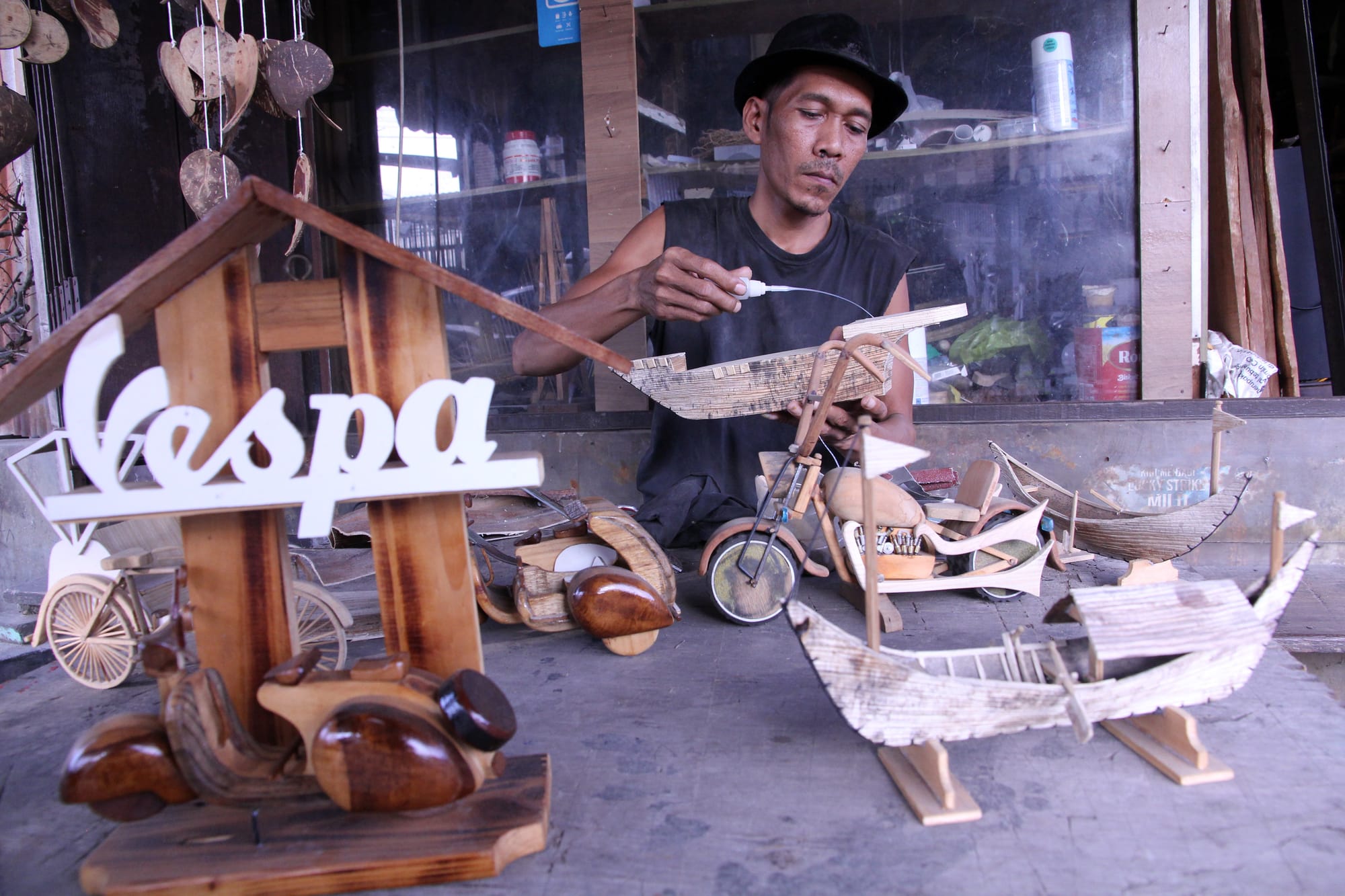
This provision is part of the government's efforts to provide convenience, protection, and empowerment for cooperatives and UMKM. The same regulation also mentions restrictions on business space rental costs in public facilities, which is a maximum of 30% of the commercial rate. The government hopes this policy will be an affirmative step to expand business access and strengthen the position of UMKM in public spaces.
The government plans to conduct surprise inspections to ensure that these provisions are truly implemented. Muhaimin emphasized that he would take action against managers who do not fulfill their obligation to provide space for UMKM. He reminded all managers to immediately implement the rule before a review is conducted.
According to Cak Imin, as he is familiarly called, the implementation of this policy is an important step in building an inclusive business ecosystem and strengthening local economic competitiveness. The presence of UMKM in public spaces will open up new business opportunities while expanding market access for creative economy players.
According to data from the Ministry of Cooperatives and UKM, the UMKM sector contributes approximately 60.3% to the national Gross Domestic Product (GDP) and absorbs approximately 97% of the workforce. Data from the Central Statistics Agency shows that the number of business units reached more than 64 million in 2025, with a contribution to national exports of approximately 15.7%.


